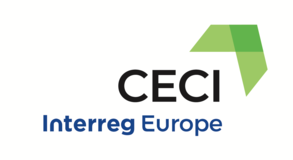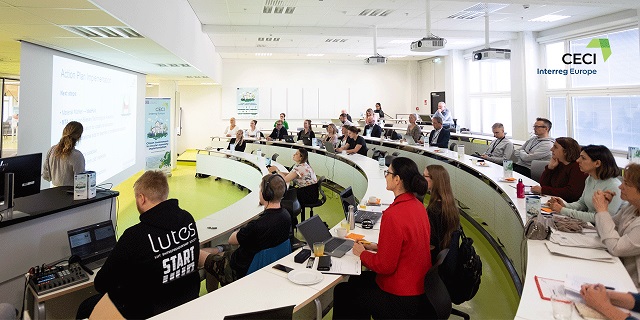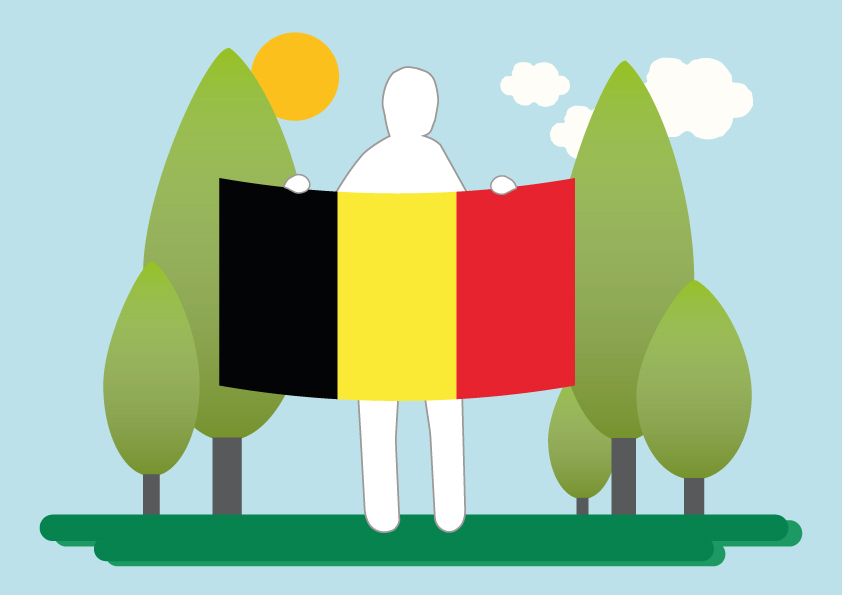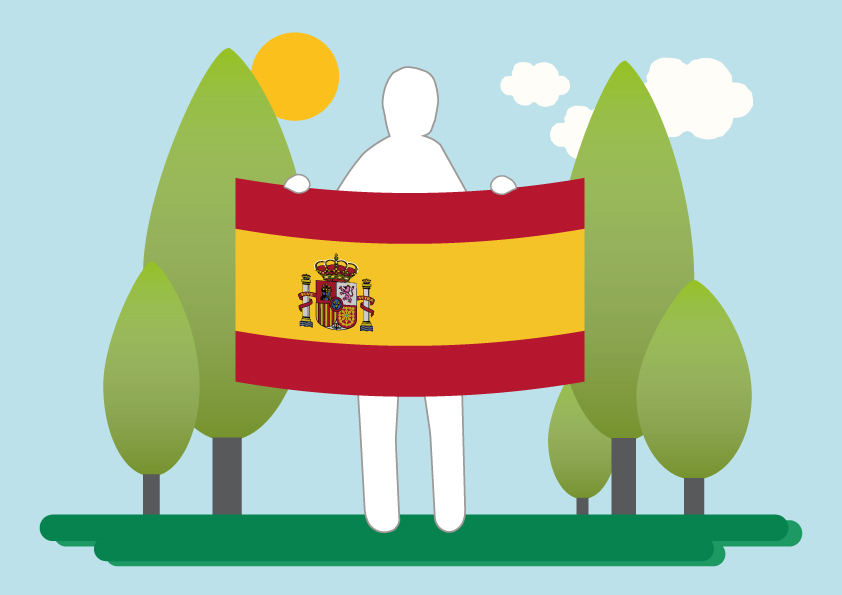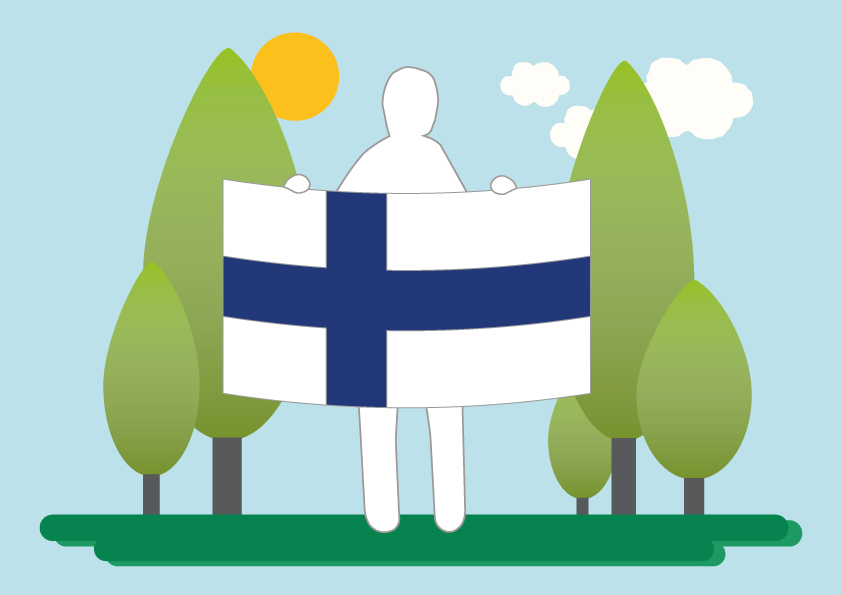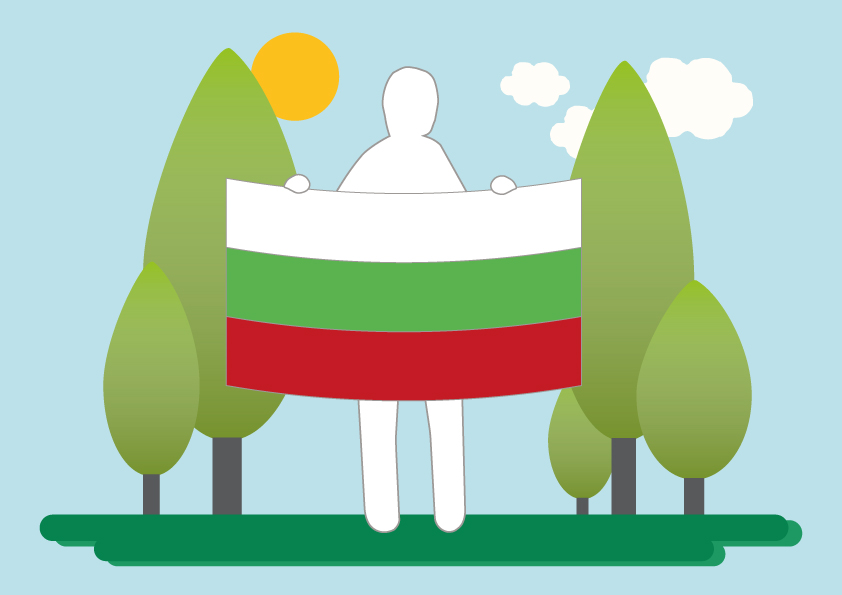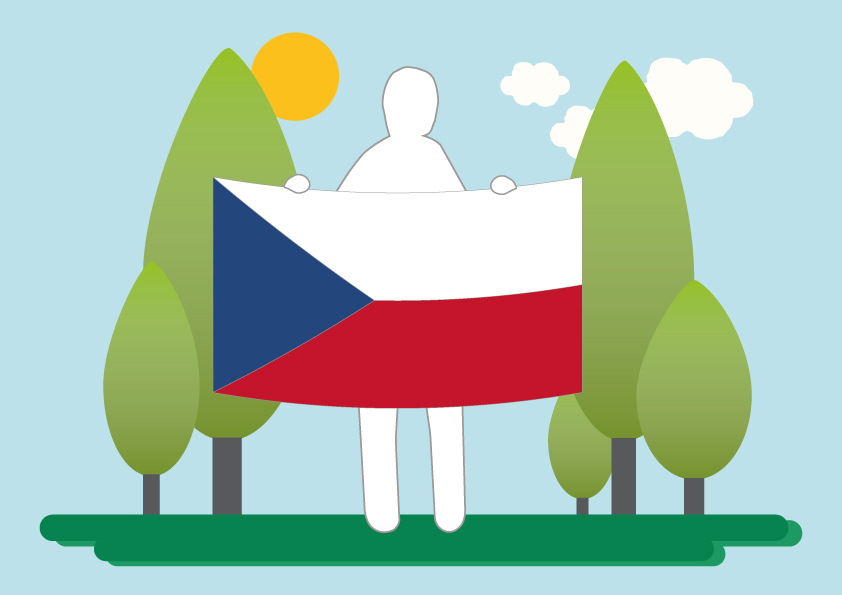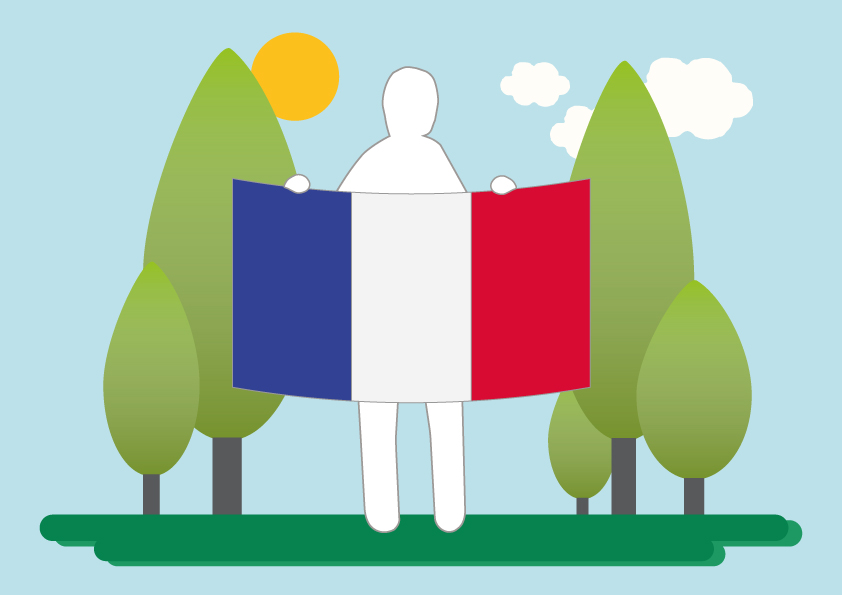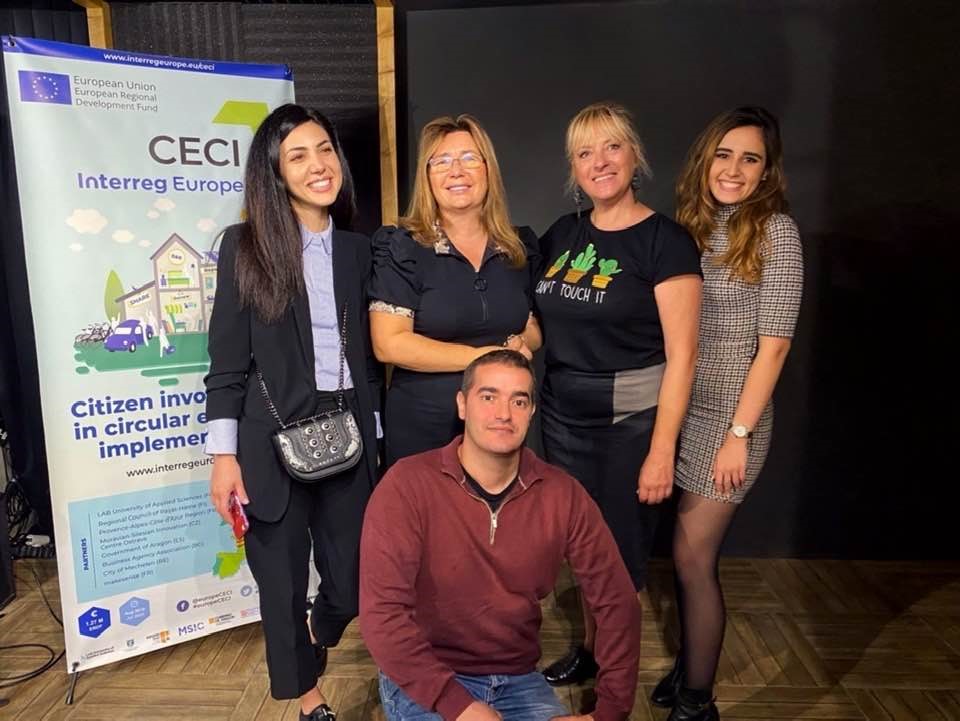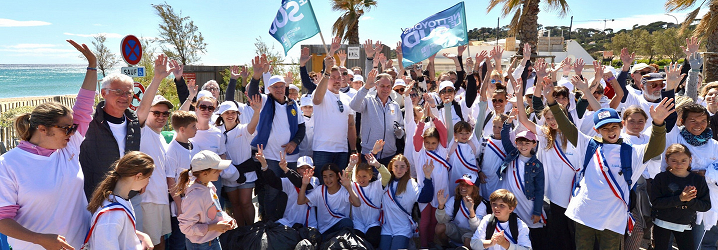ReFashion festival Ostrava
The month of April in Ostrava is about the ReFashion festival - a festival of sustainable fashion.
The first year took place in 2022 after two covid postponements, and the event took place as part of Fashion Revolution Week. For this year, the organisers have decided to dedicate the entire month of April to the theme of sustainable fashion, textiles and re(up)cycling, because this year it will be 10 years since the catastrophe of the Rana Plaza factory in Bangladesh happened.
As s part of the festival, creators of their own designer fashion, upcyclers, renovators and innovators, and creators of bio and ecological materials, in short, people and organizations who make the world a better place, will be presented.
The event also includes a rich program in the form of workshops and practical demonstrations of crafts and textile techniques, discussions with interesting guests on the podium and a fashion show.
The festival ReFashion started a 2-day sales-presentation show of sustainable fashion, clothing and home accessories called ReFashanda.
One part of the festival is the Regional Market with products from regional companies and the public can also visit the exhibition called ECO? Czech design towards sustainability - a project bringing a critical view of what sustainability is.
Individuals, creative groups and larger companies are involved in the project. They show how design can be used for new, healthier consumption habits. What is really ecological, and how is it necessary to think comprehensively, is the product really sustainable or is it just marketing? The exhibition is thus intended not only for consumers but also for the designers or experts themselves.
Another activity during the following month is the spring line of swaps - Swap and Sew, and towards the end of April there will also be an opportunity to attend a lecture on how to take care of clothes.
The Moravian-Silesian Innovation Center was part of ReFashanda, where we had a lecture on the topic of the projects that we do and explain the concepts of sustainability and circular economy. Therefore, we mainly presented the CECI project, which fits into the ReFashanda concept, what is its goal, where the public will learn more information about and where they can find good practices from other partners as well.
One of the actions of the Action Plan of MSIC is the Material Market project. Its main goal is to collect secondary materials, raw materials that would otherwise end up as waste. Companies can offer them to the public, social enterprises, schools, artists and anyone who would reuse the given material and give it a new life.
What is trash to one may be treasure to another.
At the moment, Material Market is being handed over to IdeaHub, an organization that will work intensively on the project. They will work with materials and think about what they could be used for and they will try to create new products out of them.
